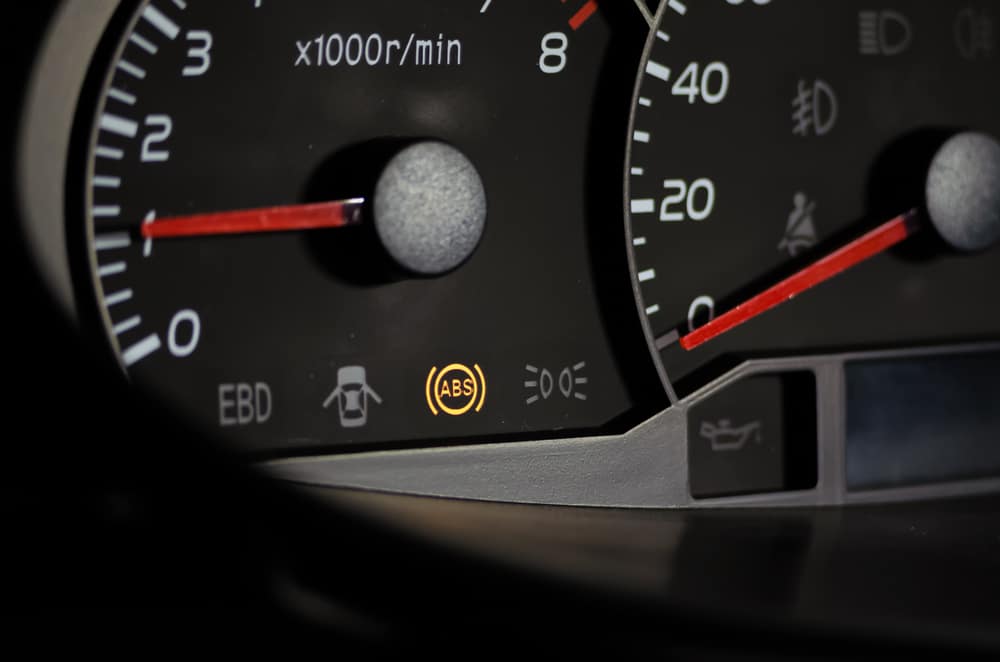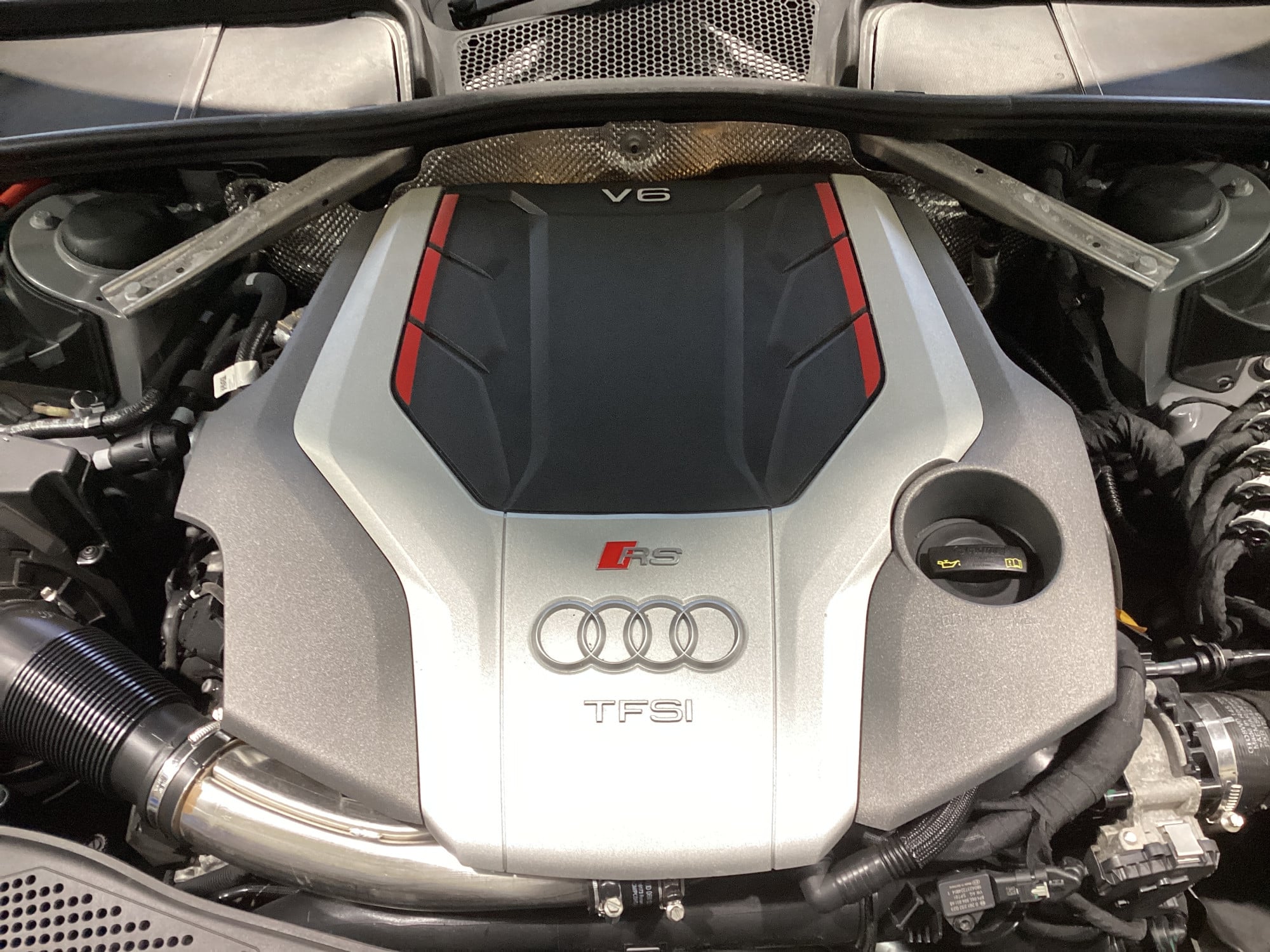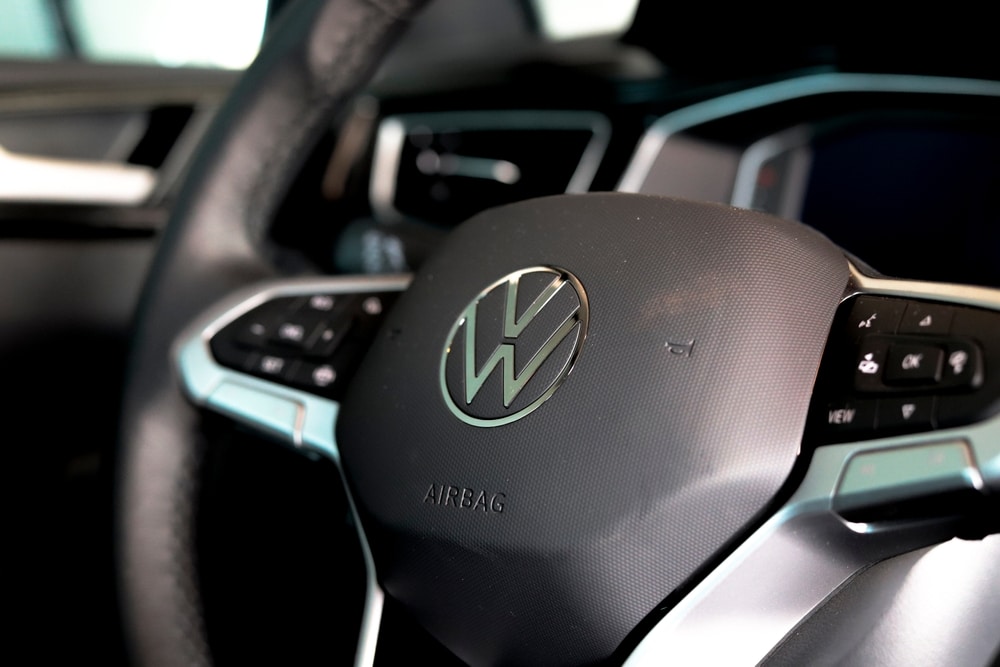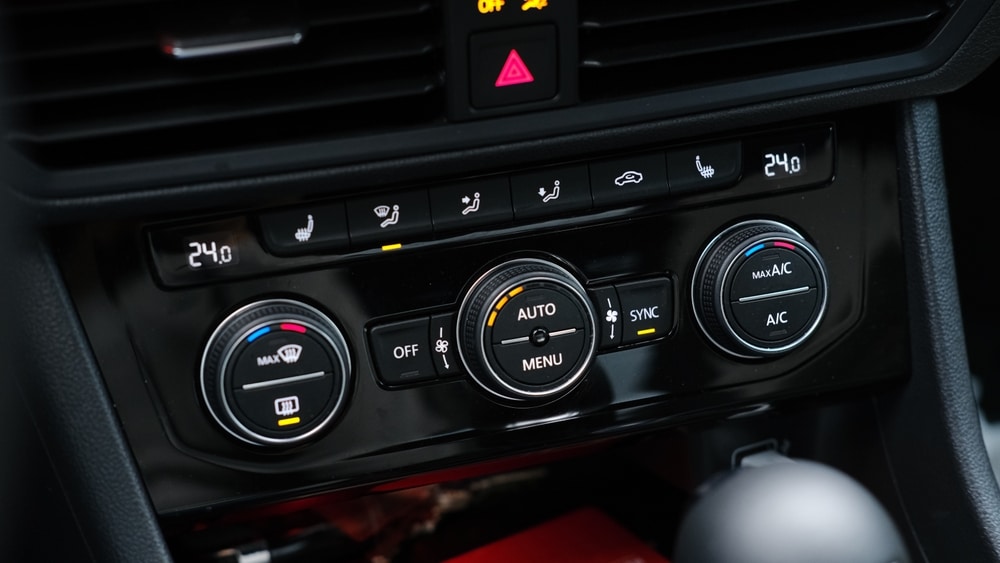Anti-Lock Brakes
You’re driving through Dursley when a van ahead of you slams its brakes. You react instantly, hitting the brake pedal with force. But instead of coming to a controlled halt, the tyres shriek, the wheels seize, and your car skids across the road. The steering wheel feels useless in your hands. And just before the near-miss turns into a collision, one thought flashes through your mind: “Why didn’t I get that ABS warning light checked?”
That dashboard light had been on for days. You’d seen it, meant to get it looked at, but life got busy.
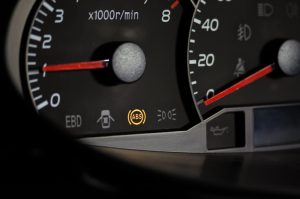
Your anti-lock brakes are there to stop moments like this from becoming accidents. ABS doesn’t just help you brake; it helps you stay in control while you do it. And when that system fails, you’re not just facing longer stopping distances, you’re risking the ability to steer out of danger entirely.
At RS Autotechnik in Dursley, we work with ABS systems every day. We’ve seen how quickly a fault can turn into a safety issue, especially when components as precise as ABS sensors or modulator valves are involved. If your ABS light is on, don’t ignore it. Our technicians have the training and tools to diagnose the issue and fix it before you’re left without your safety net.
In this guide, we’ll explain what ABS actually does, how the system works in real-time, and the clearest signs that it’s time to book in.
Let’s get started.
The Role of Anti-Lock Brakes During Emergency Braking
The anti-lock braking system, or ABS, is designed to stop your wheels from locking up when you brake hard, especially during sudden or emergency stops. Its purpose isn’t to bring you to a halt faster, but to help you stay in control while you slow down.
Without the anti-lock brakes, hitting the brake pedal sharply can cause one or more wheels to stop rotating completely. That’s when your tyres lose traction. And without traction, your ability to steer disappears. If you’re trying to avoid a cyclist, another vehicle, or an unexpected hazard, that lack of control can quickly become dangerous. ABS prevents this by rapidly adjusting the brake pressure at each wheel, helping the tyres maintain enough grip to keep turning.
It’s a system designed to give you the best chance of avoiding a collision, not just by slowing you down, but by making sure you can still steer when it matters most.
The Basics of How Anti-Lock Brakes Work
Modern ABS is constantly monitoring your wheels in the background, ready to intervene the moment it detects it’s needed. Under normal conditions, it stays quietly monitoring. But if one wheel begins to decelerate much faster than the others during braking, the system jumps into action.
Each wheel has a sensor that tracks its rotational speed in real time. That information is sent to the ABS control unit, which compares the data from all four wheels. If it looks like a wheel is about to lock, meaning it’s slowing too quickly compared to the others, the system reacts. The ABS modulator then uses electronic valves to reduce brake pressure at just the necessary wheel, helping it regain traction. Once grip is restored, pressure is reapplied. This cycle can repeat multiple times per second, far quicker than any human could manage.
If ABS kicks in, you’ll usually feel a rapid pulsing through the brake pedal. That vibration means the system is doing its job, keeping the tyres rotating, maintaining contact with the road, and helping you maintain control of your steering, keeping you out of danger.
But even one faulty valve, sensor, or wiring issue can disrupt this process. That’s when the ABS light appears. If it does, call RS Autotechnik in Dursley on 01453 796345 and let our expert technicians investigate.
Inside the Anti-Lock Braking System: What Each Part Does
Your anti-lock braking system relies on several specialised components, each positioned around the vehicle to monitor, control, and respond when braking becomes critical. Here’s a breakdown of where these key parts are located and what role they play:
- Wheel speed sensors – Mounted close to each wheel hub, often beside the brake disc. These sensors constantly measure how fast each wheel is turning and feed that information back to the ABS control unit.
- ABS control unit (ECU) – Usually located in the engine bay, this is the brain of the system. It compares speed readings from all four wheels and sends instructions to adjust brake pressure when necessary.
- Hydraulic modulator or ABS pump – Also found under the bonnet, this unit manages brake fluid pressure during ABS operation. Using internal valves and a high-speed pump, it can reduce, hold, or increase pressure to any wheel multiple times per second.
- Brake lines and solenoid valves – Built into the modulator, these components regulate fluid flow across the system. They respond instantly to signals from the ECU, helping maintain grip by controlling pressure at each brake precisely.
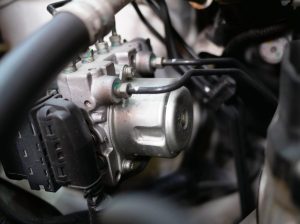
At RS Autotechnik in Dursley, we work with these systems every day. If your ABS light is illuminated, or you notice unusual behaviour when braking, call us on 01453 796345. We’ll carry out a full system check and explain exactly what’s going on.
Want to understand more? Take a look at our detailed guides on Brake Pads, Brake Discs, and Braking Systems to see how each component supports safer stopping.
How ABS Supports Other Vehicle Safety Systems
In most modern vehicles, your ABS isn’t working in isolation. It forms the foundation for a wider safety network: electronic systems that rely on ABS data to keep the car balanced, especially during harsh braking or unstable driving conditions.
Here’s how they interact:
- Electronic Brakeforce Distribution (EBD) – This system balances brake force between the front and rear wheels depending on load and road conditions. It helps reduce the chance of the rear wheels locking during heavy stops or when carrying extra weight.
- Traction Control System (TCS) – If a driven wheel starts to spin during acceleration, TCS intervenes. It applies braking to the slipping wheel and reduces engine output until traction is regained.
- Electronic Stability Programme (ESP) – ESP detects when the car begins to slide or deviate from the driver’s intended path. By applying brake force to individual wheels, it helps correct oversteer or understeer and restores stability.
Each of these systems relies on real-time signals from the ABS sensors. If ABS is offline, their performance is often compromised, or they may not function at all.
At RS Autotechnik in Dursley, we’re equipped to test, diagnose, and repair faults across all these systems. If your ABS warning light is on or braking feels off, call us on 01453 796345. We’ll ensure every system that depends on ABS is working exactly as it should.
What Can Prevent ABS from Kicking In When You Need It
ABS is built to step in during sharp braking situations, but it can only do its job if every component is functioning correctly and the conditions allow it. When that balance is disrupted, the system may fail to activate just when you need it most.
Surface conditions are one of the biggest factors. On icy roads, loose gravel, or compacted snow, even a fully working ABS can struggle to maintain enough tyre grip. While the system still helps with steering control, it can’t overcome a complete loss of traction, so safe driving is always essential in challenging environments.
Technical faults are another common reason for failure. If a wheel speed sensor feeds back unreliable data, or the hydraulic pump can’t respond quickly enough, ABS may not engage at all. That’s when the ABS warning light appears on your dashboard.
At RS Autotechnik in Dursley, we treat every ABS fault with the utmost care and attention. If your light is on or your braking feels different, call 01453 796345. We’ll inspect the system thoroughly and restore your safety net before the next emergency stop.
The Clues That Suggest Your ABS Is No Longer Protecting You
When ABS stops working, you might not notice anything unusual during everyday driving. Your standard brakes may still feel normal, until you need to stop suddenly, and the system that’s supposed to support you doesn’t activate.
Here are the key clues that your ABS may no longer be doing its job:
The ABS light remains on
It’s normal for the ABS light to come on briefly when you start the car. But if it remains illuminated while you’re driving, the system has detected a fault. While your regular brakes still function, you may no longer have the added control ABS provides. It’s a safety-critical issue that should never be ignored.
No ABS response under hard braking
If you brake sharply and the wheels lock, or there’s no pulsing feedback through the pedal, it likely means ABS isn’t stepping in. That pulsing is usually the sign that the system is actively managing pressure to prevent a skid.
Additional warning lights appear
Sometimes a fault in the ABS network can trigger other alerts, including the brake warning light. If you see both lit at the same time, there could be a deeper issue with your braking control system.
If any of these signs show up, don’t delay. Call RS Autotechnik in Dursley on 01453 796345. Our technicians will run a detailed evaluation and restore your ABS to full working order.
Why ABS and Brake Warnings Should Never Be Ignored
It’s easy to overlook a dashboard light, especially if the car still feels like it’s driving normally. But when it comes to the anti-lock braking system, that small warning could be the only signal that your safety net has failed.
Once the ABS warning light appears, it means the system has detected a fault. While your brakes will still operate, you’ll no longer have pressure modulation, steering support under emergency braking, or protection from wheel lock. In clear, dry conditions, you might not notice. But in the rain, on gravel, or during a sudden stop, the difference could be life-changing.
That warning can be triggered by many things: a faulty sensor, damaged wiring, or a failing ABS modulator. Once the fault is identified, the system often disables itself as a precaution until it’s repaired.
There’s also the legal angle: an illuminated ABS light will result in an MOT fail. If the brake warning light is on, too, that’s two major defects that require urgent attention.
At RS Autotechnik in Dursley, we’ve seen how quickly a small issue can escalate. If your ABS or brake warning light is showing, don’t take the risk. Call us today on 01453 796345 and let our specialists get to the root of the problem before it becomes a hazard.
Book with RS Autotechnik in Dursley
Your anti-lock braking system is one of the most important safety features on your vehicle. When it’s working, you barely notice it. But if something goes wrong, it could be the difference between a close call and a serious accident.
At RS Autotechnik, we specialise in diagnosing and repairing ABS faults quickly and accurately. Our expert technicians use the latest equipment to inspect your braking and stability systems in detail, making sure every component is doing its job when it matters most.
Here’s what you can expect when you choose us:
✔ Specialist knowledge of advanced braking systems
✔ Honest, straight-talking advice
✔ 12-month parts and labour guarantee
✔ Free courtesy car while your vehicle is with us
We’re proud to help keep drivers across Dursley, Bristol, Tetbury and Gloucester safe on the road. Check out our {{average-rating}} star Google rating from {{review-count}} happy customers.
📞 Call us today on 01453 796345 to book a brake system check or ask about your ABS light.
